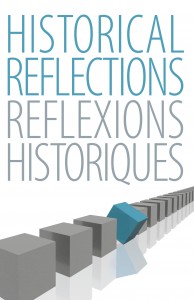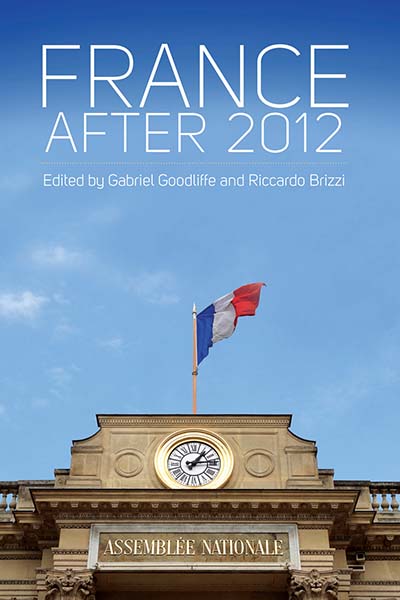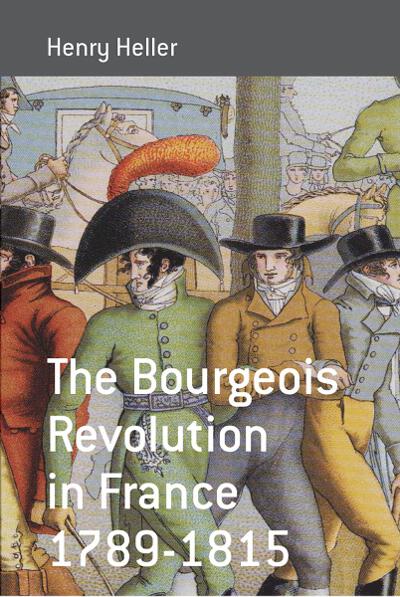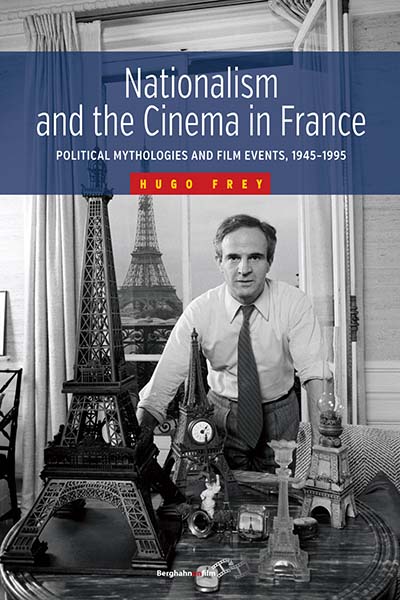 This is the second in a series of posts dedicated to celebrating the 40th volume of our journal Historical Reflections/Réflexions Historiques.
This is the second in a series of posts dedicated to celebrating the 40th volume of our journal Historical Reflections/Réflexions Historiques.
The latest issue of Historical Reflections/Réflexions historiques is devoted to the special topic of “War, Occupation, and Empire in France and Germany.” This post is the transcript of an electronic interview between the issue’s Guest Editor, Jean Elisabeth Pedersen, and one of the six contributors, Julia Roos.
Pedersen: What first drew you to the study of the “black horror” campaign?
Roos: My first book focuses on conflicts over prostitution reform during Germany’s Weimar Republic (1919-1933). It was in this context that I first came across the issue of the brothels for colonial French troops established in the occupied Rhineland during the 1920s. Middle-class German feminists and their conservative allies appealed to racialist fears and nationalist resentment over these brothels to discredit Germany’s own system of police-controlled prostitution. I realized that the protest against the brothels was an important facet of the broader propaganda campaign against France’s colonial occupation troops, which used the racist epithet, “black horror on the Rhine.” What fascinates me about the “black horror” campaign is the fresh light it sheds on the different ways in which World War I unsettled established racial stereotypes and hierarchies between whites/Europeans, on the one hand, and Africans and other colonized peoples, on the other hand. It also offers rich possibilities for exploring the legacies and postwar permutations of wartime propaganda discourses centered on women’s and children’s sexual victimization by racial “Others.”
Continue reading “Propaganda and Prostitution Reform During Germany’s Weimar Republic” →









 This is the third in a series of posts dedicated to celebrating the
This is the third in a series of posts dedicated to celebrating the